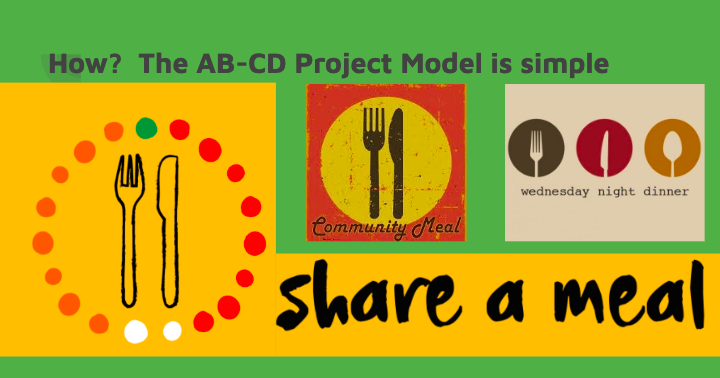Broadly, what we think of as “communities” can sometimes be widespread and dispersed, as a result of geopolitical tensions, forced migration or natural disasters. How then, do these communities reconnect with one another? For example, recently resettled refugees often face insurmountable obstacles when trying to develop new networks and communities in the United States. This can be attributed to long work hours, lack of English skills, cultural barriers, and lack of opportunity. An important question for refugee community health and immigration policy generally is – to what extent are resettled groups integrated into their local communities?
Integration has been defined as an important policy objective and, at its core, depends on meaningful exchanges between local community members and incoming refugees that may be facilitated through social and community gatherings.
The AB-CD Pilot Project provided the opportunity for refugees resettled in the Boston metropolitan area to connect and build relationships through community dinners and social activities. Our social participation pilot extends the “Refugees Welcome” initiative to evaluate the short and long-term impacts of community dinners on relationships within the local Boston community.


